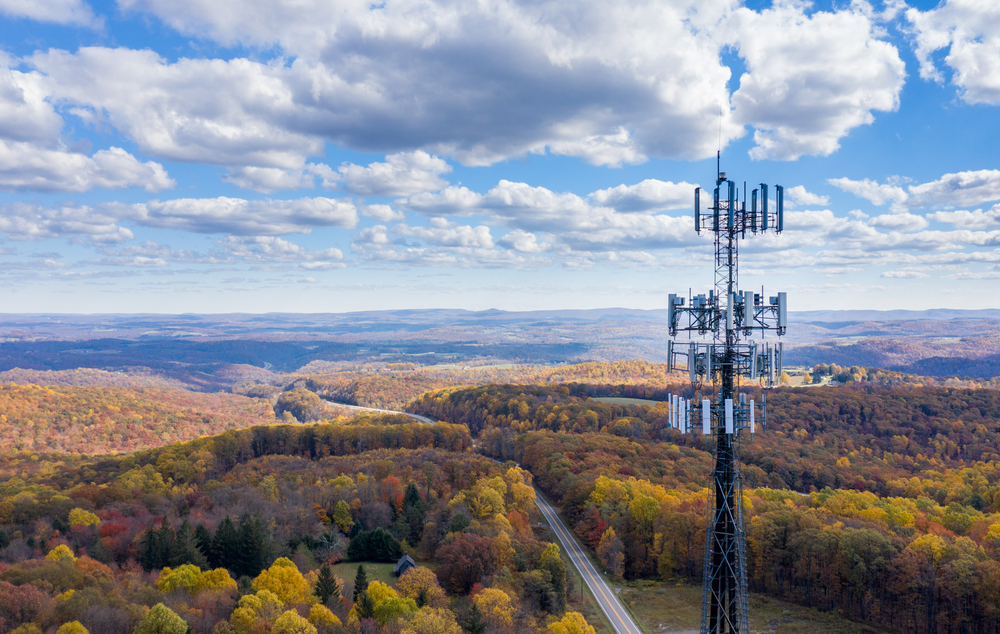On Memorial Day the Texas legislature sent Governor Abbott bills to expand broadband in rural and urban areas. The combined legislation would make sensible expansion of broadband faster and easier throughout Texas. So far Abbott has not signed them into law.
House Bill 5 will create a broadband office to oversee improvements to Internet access across the state, The office is to study broadband development and deployment across the state and identify any pattern of inconsistency to broadband access. Such oversight could and should help in the expansion of broadband and, importantly, guard against overbuilding.
It’s reasonable for city and local governments to try to improve the quality of life for their residents, and broadband access is now a key factor. But some municipalities around the country have gone about it in the wrong way, either setting up their own government-owned and -run communications networks or entering into failed partnerships with private companies to get into the business of broadband.
At this point broadband is available to more than 96 percent of American households, so the remaining unserved areas are those where there is little to no business case for broadband. This reality doesn’t change just because local governments decide to become broadband providers. So in order to gain customers and justify their project, even though sold to taxpayers as a way to reach the unserved, government-run networks often overbuild in the same places where broadband is already available from private broadband companies.
Such government overbuilding is worse than doing nothing because it spends taxpayer dollars, reaches few truly unserved households, competes with the private sector, and destroys the value of existing infrastructure.
The legislation also directs the office to study the “detrimental impact of pornographic or other obscene materials” on residents and “the feasibility of limiting access to those materials.” This reminds us of another problem with government-run networks: The state’s inclination toward censorship. There’s a lot of furor these days over social media networks supposedly censoring certain viewpoints, but we should remember that the danger of government censorship is far worse than that of social media moderation.
One other bill, HB 1505, directs additional funds to expedite deployment of broadband Internet, particularly in rural Texas. The legislation establishes a fund using a portion of the federal funds transferred to the state via the Coronavirus Capital Project Fund.
IPI testified to educate lawmakers about the proposal saying, “HB 1505 creates a system to fairly allocate the costs of replacing utility poles without making it unnecessarily costly to roll out broadband. It creates hard timetables and shot clocks for permitting and approval, and it also creates a system for prompt dispute resolution.”
The low-hanging fruit for expanding broadband access is clearing away barriers to deployment. With HB 1505, Texas has taken some significant steps to extend broadband access to the approximately 4 percent of Texans who lack it. Other states should follow the example.
This article was originally published by the Institute for Policy Innovation.


Recent Comments